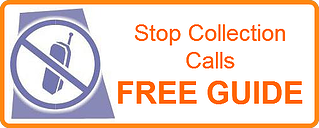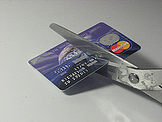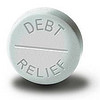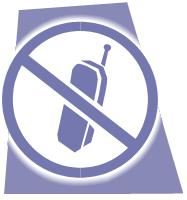WHAT IS A CREDIT SCORE? 
A credit score summarizes your credit risk at a particular point in time.It is more like a "snapshot" rather than a "video".
When you apply for a credit card, auto loan, mortgage, or other forms of credit, the lender will request a credit report from one or more of the three major reporting agencies:
P.O. Box 2002 Allen, TX 75013 (888) 397-3742
P.O. Box 740241 Atlanta, GA 30374 (800) 685-1111
P.O. Box 1000 Chester, PA 19022 (800) 888-4213
Even though the three reporting agencies above provide scores to lenders, approximately 90% come from FICO (Fair Isaac Corporation).
A credit report is basically an evaluation of your credit risk.
In other words, if the lender lends you money (makes a loan or issues a credit card), what is the likelihood that you will repay. By comparing information from hundreds of thousands of past of past credit reports, the credit score estimates your level of risk.
Obviously, the higher the score, the lower the risk to the lender.
Different lenders interpret credit scores and reports differently, so you may have a score that is not the highest, and yet because of several factors such as:
-
Payment History
-
Amounts you currently owe
-
Length of Credit History
-
New Credit
-
Types of Credit
That creditor may go ahead and aprove you.
If you have negative items or errors on your report, you can make a request to the agency to remove those items.
If you have charged off accounts or accounts in collections, you may need to consider a Debt Management or Debt Settlement program to help take care of these.
BEWARE OF CREDIT REPAIR COMPANIES!!!
No company can remove negative items on a report unless those items have been legitimately taken care of.
Click here more receive FREE INFORMATION.
photo by: tj sceneshttp://www.flickr.com/photos/uncut/












 When faced with too much credit card debt, you really only have 5 options:
When faced with too much credit card debt, you really only have 5 options:




